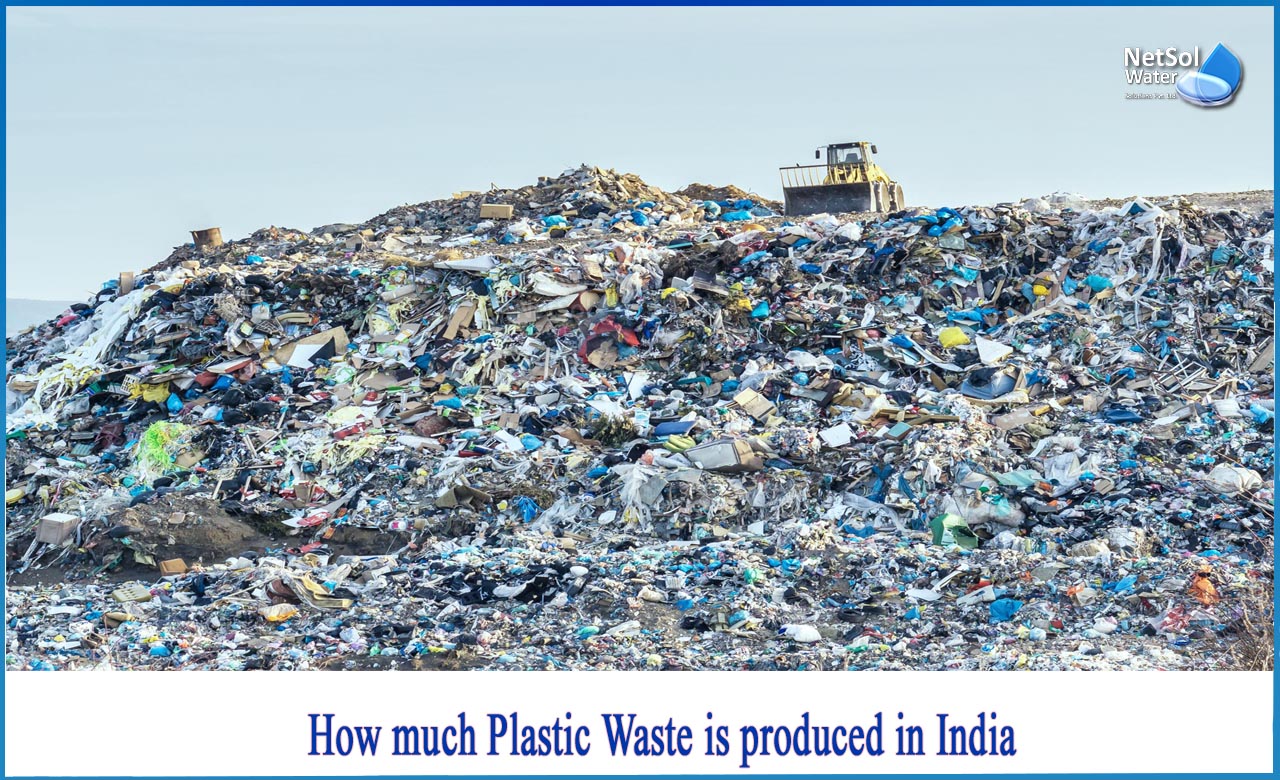How much plastic waste is produced in India?
Plastic has emerged as one of the most important environmental challenges confronting us today. India generates around 3.5 million tonnes of plastic waste each year, with per capita plastic waste creation nearly doubling since the previous five years. Plastic pollution harms our ecosystems and is connected to air, land and water pollution.
Plastic waste mostly enters the environment through improper management, such as open dumping, open burning and disposal in rivers. Unfortunately, with more than one-fourth of waste being discarded publicly and many official disposal facilities being poorly maintained, plastic litter is on the rise.
Plastic waste: A dreadful contamination to the Environment
The growing human population has increased demand for plastic items. Inadequate disposal of plastic products can cause environmental pollution in a variety of ways, including deterioration of environmental natural beauty, entanglement and death of aquatic organisms, sewage system blockage in towns and cities, particularly in developing countries, creating a conducive environment for breeding mosquitoes and other disease-causing vectors and the production of foul odours and a reduction in water percolation.
Let us look how plastic is affecting India’s soil, air and water:
Land/Soil Pollution
Plastic goods are abundant in human professional and household environments. Plastic product pollution may harm and contaminate the terrestrial ecosystem, which can then be transported to the aquatic environment. Despite the fact that about 80% of plastic garbage present at sea originates from land-related sources, there is a scarcity of data on the volume of plastic waste on land in compared to the extensive data on plastic debris in marine ecosystems. When plastics are abandoned on land or disposed of in landfills, plastic additives (e.g. stabilizers, poisonous colorant moieties, plasticizers, and heavy metals) can seep and eventually percolate into various components of the environment, causing soil and water pollution.
Air Pollution
Carbon dioxide and methane are released into the atmosphere as landfilled plastic waste decomposes. In 2008, the decomposition of solid waste in landfills emitted an estimated 20 million tonnes of CO2 equivalent into the atmosphere. It is also emitted into the atmosphere when plastics and plastic items are burned, and this CO2 is capable of storing radiant heat and preventing it from escaping from the planet, resulting in global warming.
Water Pollution
Plastics in the water often decompose within a year, but not fully. Toxic compounds like as polystyrene and BPA can be released into the water during the plastic breakdown process, creating water pollution. Plastics account for nearly 80% of waste found in the seas. These have been observed to concentrate and absorb pollutants existing in saltwater from several other sources within the marine ecosystem.
Plastic's impact on public health
Plastic polymers are widely assumed to be inert and of little concern to public health; nonetheless, different types of additives and residual monomers perhaps retained from these polymers are hypothesized to be responsible for the putative health hazards. The majority of the additives included in plastics are carcinogens and endocrine disruptors. These substances mostly affect humans by eating, skin contact and inhalation. Dermatitis has been documented as a result of skin contact with certain of the compounds included in plastic.
Conclusion
There are several strategies to reduce plastic waste, including, creating less, using less, and better managing existing plastic waste to minimize contamination or leakage. Taking these activities necessitates the participation of a wide range of societal stakeholders, including people, governments, community groups, corporations, and manufacturers. Policy solutions, better knowledge, and improved design and disposal practices, among other things, can help to reduce the societal effect of plastic waste.
Netsol Water offers environmental consulting services that are proactive and methods for solid waste management. We are committed to saving your time and money while also providing you with a tailored solution to your specific requirements.
For any further information, please contact us at +91-9650608473 or drop a mail at enquiry@netsolwater.com.



